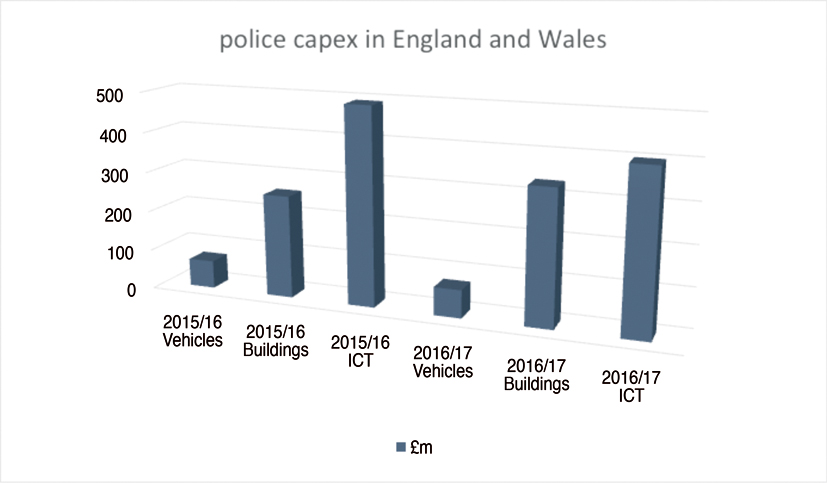Ringing the changes in call handling at WMP
West Midlands Police is improving the handling of its non-emergency calls with the launch of two new hi-tech contact centres

West Midlands Police is improving the handling of its non-emergency calls with the launch of two new hi-tech contact centres
Now, all non-emergency calls will be dealt with by staff in one of the two contact centres based at the police headquarters in Lloyd House in Birmingham and West Bromwich police station.
Cutting-edge technology has also been installed in the contact centres, including updated telephony and IT systems that allow the force to build a picture of repeat callers and any vulnerability.
For the first time, contact officers will have access to digital mapping, priority areas and information on local neighbourhood teams, giving detailed local knowledge on where callers are from in the West Midlands.
The re-configuration from ten to two sites will save the force £3.9 million year-on-year from 2014/15 onwards and has led to the recruitment of an additional 100 police staff.
Ninety-three police officers will be deployed back to the front line as the contact centres will be run entirely by police staff, supporting the police and crime commissioners (PCC) decision to return police officers to operational roles.
The force will adopt a single model approach to non-emergency calls via the 101 number.
Under the previous model, a call would go into a central switchboard and would then be passed onto one of the ten local policing unit contact centres. Now, the first available person, a contact officer from either site, will be able to answer calls at the first point of contact.
Earlier this year, the force introduced an automatic resource location system (ARLS) that uses GPS technology to track officers and allows contact centre staff to monitor the location of officers on the beat allowing the nearest officer to be sent to an incident.
Head of force contact, Chief Superintendent James Andronov, said: This is an exciting time for the force. The move to a single model approach will mean a more consistent high-quality service. The first available contact officer from either site will be able to help callers at the very first point of contact.
Now contact officers can make the decision on the policing response to a call, be that offering advice over the phone, sending an officer or arranging an appointment giving callers to the force a swifter and more efficient service.
Staff have undergone training specifically for the new role in our contact centres. Our telephony systems have been updated allowing us to identify repeat callers and to make crucial vulnerability assessments immediately.
The changes are aimed at further improving the number of calls answered within the target time of 30 seconds, as well as improving the quality of service. The force currently answers the majority of calls within 30 seconds.
West Midlands PCC Bob Jones said: Our contact centres are at the heart of the service we deliver and are our communities first window into the force.
We recognise that the way that we handle calls in our contact centres has a significant impact on the publics sense of trust and confidence in policing. The planned changes are very much focused on delivering an improved service.
Introducing these new IT systems, such as the new telephony system, allowing us to build a picture of repeat callers, and ARLS so we can ensure officer safety while being able to deploy the nearest resource, will help to improve the service we deliver.
While making these changes we have been able to make significant savings, but perhaps more importantly we have been able to create new jobs and put officers firmly back on the beat.
There will be no change to the delivery of local policing. Officers and police community support officers will continue to respond to calls in their area and deliver neighbourhood policing to communities.


